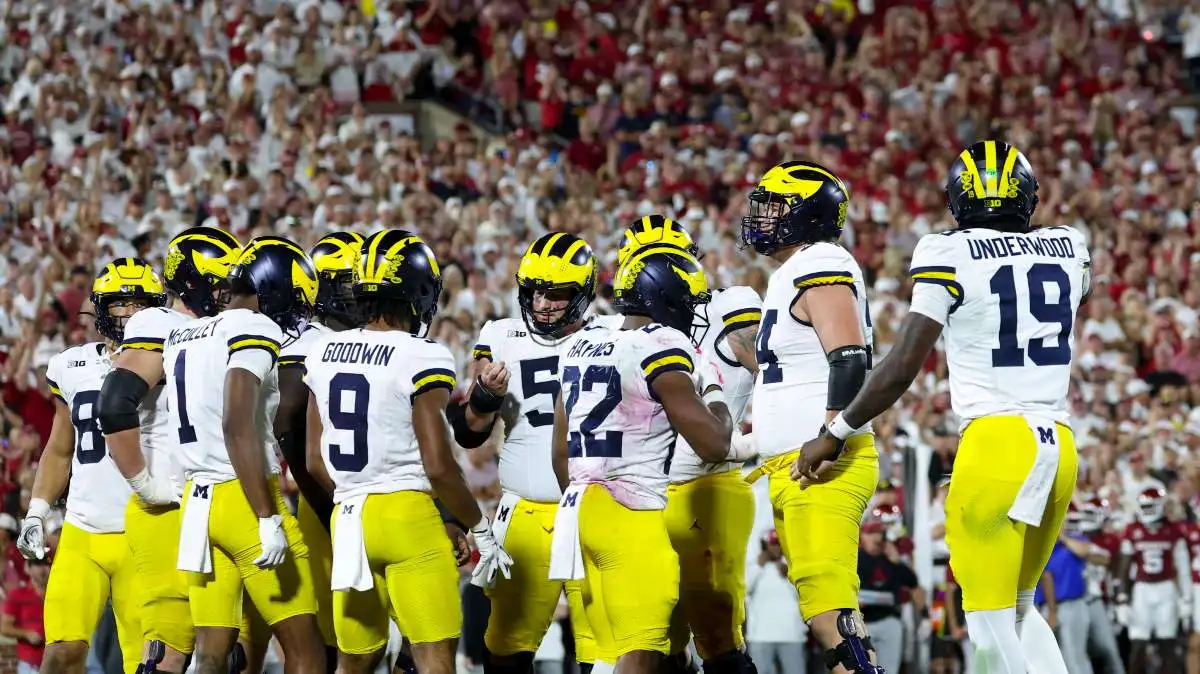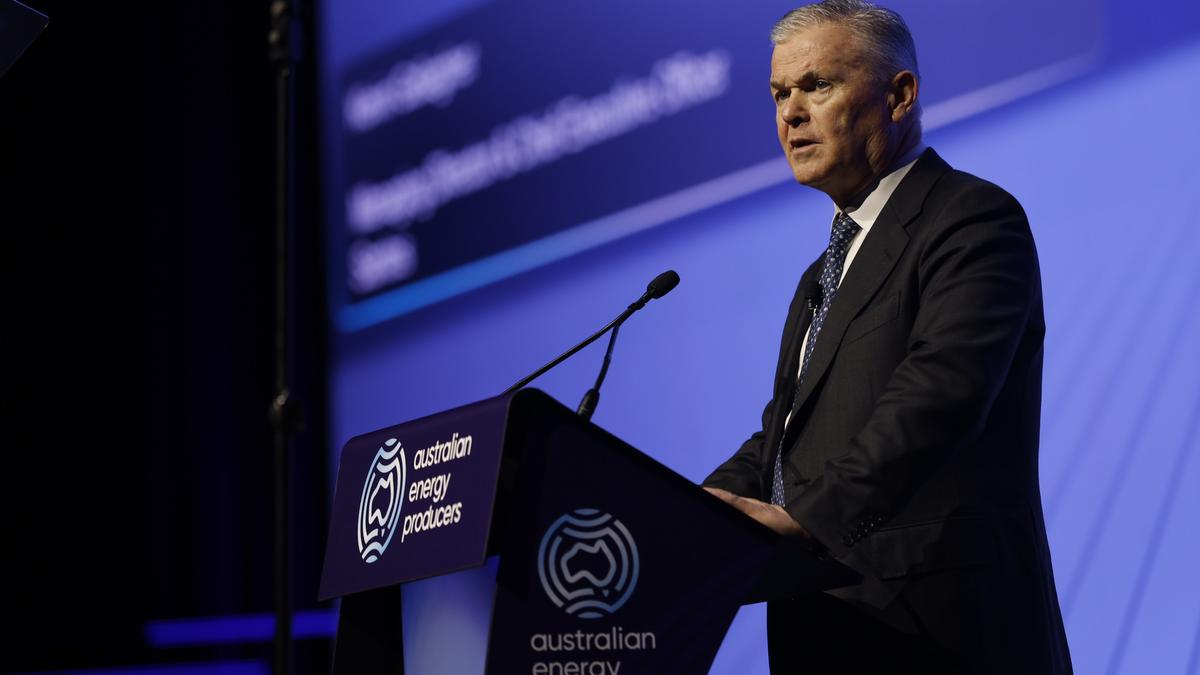By Stabroek News
Copyright stabroeknews

In an advertisement on Sunday, the Office of the President laid out what it anticipates for its Georgetown Revival plan. President Ali had first adverted to this plan on September 10th last year when he addressed a forum on climate and low carbon development and had signalled the involvement of the UK’s King’s Foundation. He addressed the matter again at his press conference last week. Naturally, one of the concerns that had been raised about the President’s announcement was how this plan would proceed administratively and the role of the Mayor and City Council taking account of the constitution and local government laws. The advertisement on Sunday made a single reference to the City Council in its ultimate paragraph which quoted the President as saying: “We are working aggressively to rescue Georgetown and position it as one of the finest capital cities in the world. This transformation will be powered by collaboration, the private sector, City Council, and ministries all have a role to play”.
It is important that the Mayor and City Council has been mentioned in the plan as it would have been inconceivable to think that the government would seek to shut out the body statutorily responsible for the capital city. It is now left to be seen what the modus vivendi will be. In Sunday’s advertisement, without naming the council, the President took the usual partisan digs at the opposition-controlled body.
He said: “The condition of our city, the mismanagement and inefficiency through which the city is managed can no longer be tolerated…It is time for us, as citizens and as a country, to take charge of this situation”. He added that for too long Georgetown has carried the scars of decline and he listed streets that turned into rivers whenever it rains, endless traffic jams choking daily life and neglected markets and stagnant canals.
In brief, as it has been addressed ad nauseam in these columns, the problems of the city are mainly three-fold. There has been rank incompetence in the management of the city which encompasses both the city council and its officers. Councils over the decades have dithered, wasted monies and incompetently managed key areas such as drainage and garbage collection. There is no denying this and the council has been since independence in the control of the PNC which leads into the next major problem. Since the council has been in the hands of the PNC and its various incarnations, the winner-takes-all PPP/C governments that have predominated since 1992 have done the council no favours. To put it bluntly, the PPP/C had no interest in the council succeeding in running the city and has done its utmost to undermine it. The three key means for doing so were the non-payment of subventions that should rightly have been assigned to the city, the withholding of taxes and the rejection of several bids by the city to raise its own funds to run Georgetown whether by lottery or other initiatives. Ironically, one of the architects of the widely derided and failed bid to introduce foreign investment in parking meters is now well ensconced in the PPP. The third area of failure has been the breakdown of law and order. There has been no consistent enforcement of laws on littering, garbage dumping and zoning has now become a foreign concept in the city. Business establishments have mushroomed in leafy, residential neighbourhoods as corruption enables it and plans are mysteriously approved without being properly scrutinized. Residents of Subryanville are now locked in battle with the city over the intended use of a part of Farnum Ground by Mae’s Schools.
So how will the government engage with the city in this revival project? Hopefully it will treat the city council as an equal and the revival proposal will be taken to City Hall and the services it provides will be fully engaged and developed. The government commendably in the last term financed the rehabilitation of the historic City Hall and this will be to its lasting credit once the project is satisfactorily completed.
It was interesting that the President’s advertisement mentioned traffic jams. If there is anybody who should be blamed for this then it is the Central Government. The city has nothing to do with the unrestrained importation of carbon fuels vehicles. That is the government’s doing. It is the government that failed to ease the traffic jams on the East Coast and East Bank which are continuing no matter the large investments in roads over the last five years. It must be evident to all those who currently live in the city that we no longer have parapets, at least not during some parts of the day. From early in the morning to late in the afternoon almost every available inch of parapet in the centre of the city has been taken over by vehicles. High rises continue to be approved by the city without adequate consideration of parking facilities. Planning continues to elude this city and the blame goes in several directions.
While the President mentioned greening, it is a known fact that road dividers and other areas have been tiled over in state contracts or filled with stone, further reducing the water absorptive capacity. In defiance of the city the government has pushed ahead with the Qatari-financed hotel that will take up prime green areas along the seawall that had been hitherto assigned to recreation and education.
So, the President’s advertisement glosses over areas where his office and government are also at fault. Yet, what has been promised in this revival, presumably financed by the state with input from the King’s Foundation will offer hope for George-town. The advertisement promised a “Garden City Reborn’ with tree-lined avenues, green corridors and restored biodiversity. The President referred to “historic canals reimagined for world-class flood control and breathtaking tourism” and preservation of iconic architecture and the revival of landmarks. The President also promised a revitalized Stabroek Market and waterfront area, a city-wide historic trail and climate-proofing of the capital.
Since it is clear there appears to be no intention to relocate the capital it is appropriate that oil revenues be employed in its revitalization but this must be done in a way that fully respects local governance, municipal laws and the constitution.



